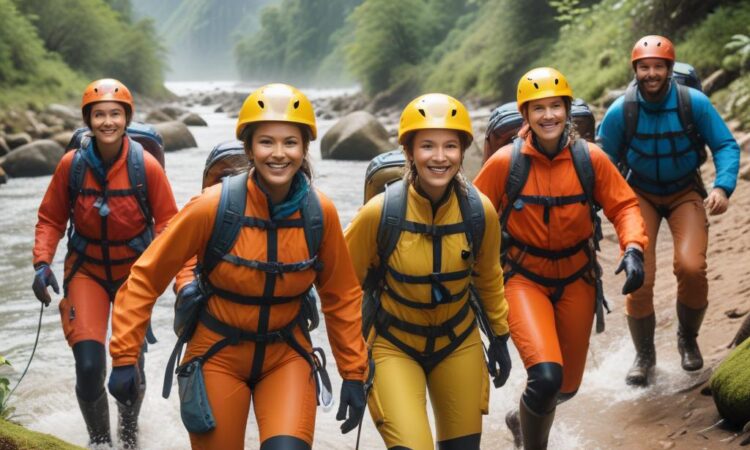Adventure Travel & Extreme Sports: Staying Safe While Seeking Thrills
Hey adventurers! So you’re itching for that adrenaline rush, that feeling of being truly alive? Adventure travel and extreme sports are amazing ways to experience the world and push your limits, but let’s be real – recent accidents in the industry serve as a harsh reminder that safety should *always* be top priority.
We’ve all seen the headlines. Whether it’s a climbing accident, a mishap during a white-water rafting trip, or an unexpected incident on a mountaineering expedition, these events highlight the inherent risks involved. But that doesn’t mean we need to shy away from adventure! It means we need to be smarter, better prepared, and more discerning about how we approach these exhilarating activities.
Choosing Your Adventure Wisely: Reputable Operators are Key
The first, and arguably most crucial, step is choosing a reputable operator. Don’t just go with the cheapest option; prioritize experience, safety records, and certifications. Look for companies that:
- Are properly licensed and insured: This protects you in case of accidents or emergencies.
- Have a proven safety record: Check online reviews and testimonials, but also look for independent certifications like those from industry bodies.
- Provide comprehensive safety briefings: A thorough briefing is essential – it shouldn’t be rushed or feel perfunctory.
- Use appropriate safety equipment: Ensure the gear is well-maintained and regularly inspected.
- Have experienced and qualified guides: Your guides should be professionals who know the terrain and the risks involved.
- Have clear emergency procedures: Understand what steps they’ll take in case of an accident.
Don’t hesitate to ask questions! A good operator will be happy to answer your concerns and explain their safety protocols in detail. If something feels off, trust your gut and walk away. There are plenty of other options out there.
Preparing for the Unexpected: It’s Not About Avoiding Risk, It’s About Managing It
Even with the best planning and the most reputable operator, unforeseen circumstances can arise. That’s why thorough preparation is vital. This involves:
- Physical fitness: Adventure activities demand a certain level of fitness. Train beforehand to ensure you’re up to the challenge.
- Appropriate clothing and gear: Dress for the conditions, even if that means layering up. Pack for all types of weather, even if the forecast looks sunny.
- First-aid knowledge: A basic first-aid course can be invaluable, especially if you’re venturing into remote areas.
- Communication plan: Let someone know your itinerary, including planned check-in points. Carry a satellite phone or personal locator beacon (PLB) in remote areas, where cell service is unreliable.
- Understanding the risks: Research the specific activity you’re undertaking and understand the potential dangers. This will allow you to prepare mentally and physically.
- Environmental awareness: Be mindful of your impact on the environment. Leave no trace, pack out what you pack in, and respect local regulations.
Beyond the Basics: Specific Considerations for Different Activities
The specific safety considerations will vary depending on the chosen activity. For instance, rock climbing requires proper rope techniques and belaying skills, while white-water rafting necessitates understanding river currents and potential hazards. Researching the specific risks associated with your chosen activity is crucial before you embark on your adventure.
Remember, responsible risk management is not about eliminating risk entirely – that’s impossible. It’s about making informed decisions, minimizing potential dangers, and knowing how to react effectively in unexpected situations. It’s about understanding your limits and respecting the power of nature.
The Thrill is Real, But So is the Responsibility
Adventure travel and extreme sports offer incredible experiences, pushing personal boundaries and creating unforgettable memories. But these experiences come with responsibilities. By choosing reputable operators, preparing thoroughly, and understanding the inherent risks, you can significantly reduce the likelihood of accidents and enjoy your adventures to the fullest. So go out there, explore, challenge yourself – but always do it safely and responsibly.
Remember, the goal isn’t to conquer nature, it’s to experience it respectfully and safely. Let’s keep the thrill alive, but let’s do it with awareness and responsibility.

